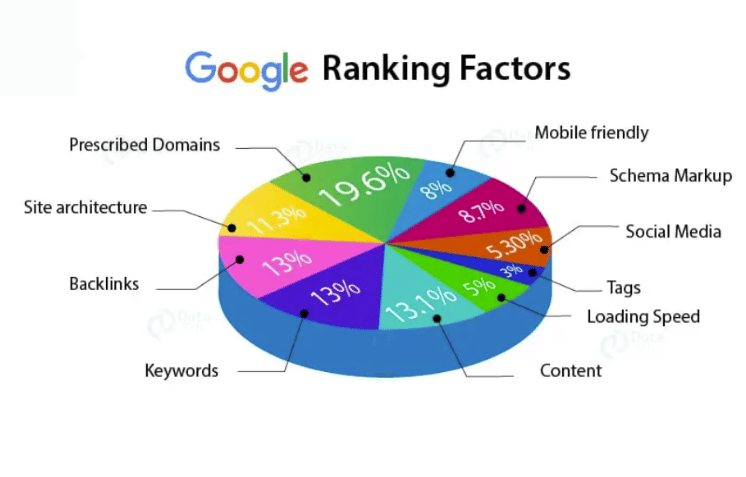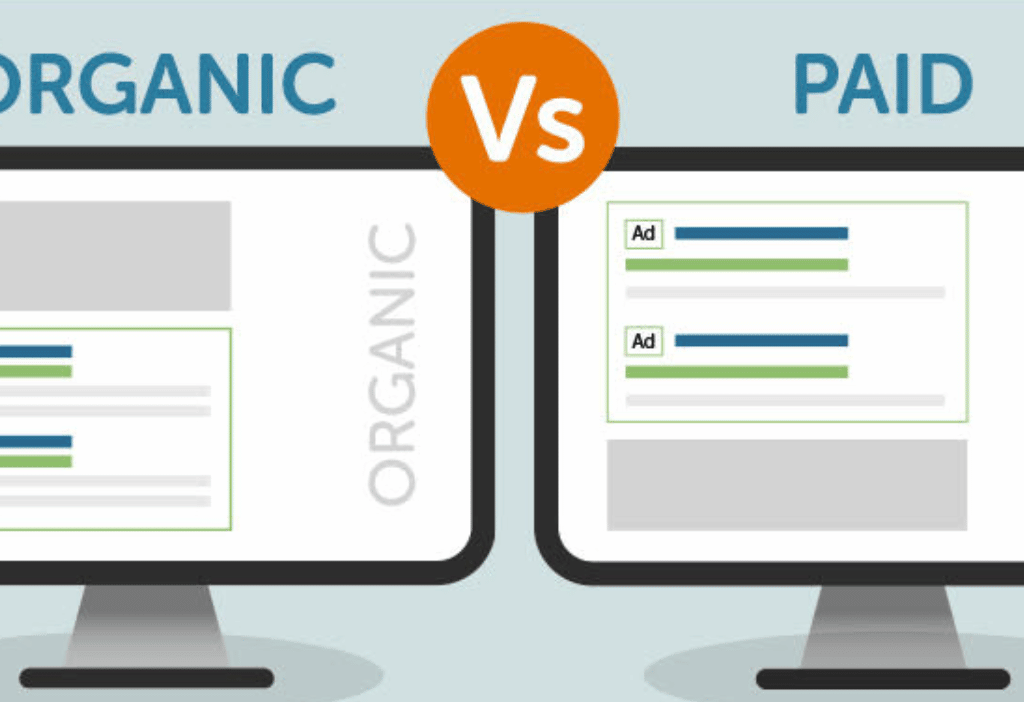The Mystery of Lawnmower & Tractor Dealership Search Engine Ranking

What is a Search Engine?
A search engine is an application designed to search for information on the internet. Google, Bing and Yahoo are examples of search engines. A search engine will look for information and index it based on what it finds. It will also assign each page a PageRank score. PageRank is a score that Google assigns to each page. The PageRank is based on the number and quality of other sites that link to the page and the importance of the sites that are linking to it.
It is key to understand how search engines work to fully understand how to optimize for them.
The search algorithms used by Google and other search engines are large collections of other algorithms and formulas, each with its own purpose and task. These algorithms work together to produce results that a user will be satisfied with.
In fact, there are algorithms in place specifically to monitor the satisfaction of users with the results they get, and to make adjustments where necessary.
Paid Search Results

Organic search results are not a means of generating revenue for search engines like Google, but they do have other powerful uses. If there were no organic search results, paid search results would become less relevant, reducing views and clicks in the process. While organic listings may not generate revenue for Google directly, they do indirectly contribute to the company’s bottom line by keeping users engaged with the search engine.
Why does this matter? The layout changes, existence of search features and click through rates of organic results are all driven by this. By displaying a featured snippet, Google allows users to find answers to their questions without having to leave the site. For commercial intent questions, Google adds an additional paid search result. This is due to these driving factors.
Search Engine Optimization is the process of making your site more visible to search engines and ultimately, customers. By doing everything you can to be visible, you can increase the amount of visitors to your website. This leads to increased sales for your dealership.
How do search engines rank pages?
Before we think about how, lets think about why. It would be a lot cheaper and easier for search engines to display pages randomly, by word count, freshness or any other variable or easier sorting systems. They don’t do this because no one would want to use the search engine if they did it this way.
First, search engines classify the query that is coming in. This gives the engine the necessary information to perform the rest of the steps. For example, is the query local, a question, etc.
The next step is context. This is where the search engine relies on any relevant information they have on the user entering the query. This could be the location of the search or many other factors. This is where historical and environmental data comes into play.
The search engine then weighs different factors in importance relevant to the query. (Authority, how recently it was published, etc.) The layout of the page is then created based on the context gathered. What is important to remember here, without getting too technical, is that the different elements of any given search results page are determined almost instantly.
Finally, ranking can take place. After all the information is gathered and analyzed, the search engine can rank sites based on the criteria determined in the previous steps. This is an extremely simplified version of how search engines work- machine learning is also a huge part of Google and search engines as well. For more information about how search engines work, check out this guide from Search Engine Journal.
With so many factors at play- how will I ever get my site to rank?
You can use the machine learning systems of the search engines to assist in your content development strategies. With Devices and technology changing rapidly, keeping up with what is happening with search engines can give you clues to how your consumer interacts with content and what types of content they expect.
Search Engine Optimization, also known as SEO, is the process of optimizing a website for search engines. This has become more important than ever for small businesses who aren’t able to spend millions of dollars on advertising. Ranking at the top of search engines is what will get your business noticed.

A Few Tips to Help Your Rankings
NAP: Make Sure that your Name, Address, and Phone Number are correct across all listings. When this information remains uniform, it tells the search engine that this is the correct information. Make sure you spell your name the exact same way across Facebook, Google, LinkedIn or other social media as well as business listings such as Yelp and the Yellow Pages.
Backlinks: Pages with more backlinks tend to rank higher than those with fewer backlinks. A backlink is a link from another website to your site. You should always work to add more of these to your site. A simple way to do that is to sign up for all the free listings you can, Yelp, Google My Business, Bing, Yahoo, Yellow Pages, and any other niche/service pages to which your services are used. Links from more authoritative sites are also weighed more heavily than from lesser sites. There are multiple strategies you can employ to help add backlinks. Link building campaigns focus on gaining high authority links back to your website.
Good Quality Content: Google wants to rank sites that are worth ranking. Having a customer first mindset when creating content versus stuffing for keywords will get you much further. Consistently providing well written, quality content, will help your overall ranking on your page.
Mobile Friendly: Since most people search the internet via their phones these days, its no surprise that mobile friendliness is a ranking factor for search engines. This part can get a little technical, so it may be advised to use a professional for this. The main goal is to ensure a smooth experience regardless of where the web page is being used.
There are many other ranking factors and the ranking factors can vary from search engine to search engine. If you keep the basic idea in mind that you are creating content that will be useful for your target audience, it is relatively easy to employ some of the basic SEO principles.
You don’t have to know it all! Your customers are looking for you online. Give them what they want and make it easy for them to find you. Let Dealers Digital help you maximize your online exposure and boost your sales.
Contact Us now to learn more about how we can help your business grow with Search engine optimization, Dealer Websites, Digital Advertising, Reputation Management, Social Media and more!
Check out our blog for more marketing tips! Follow us on Facebook or Instagram to keep up with all the latest news!

